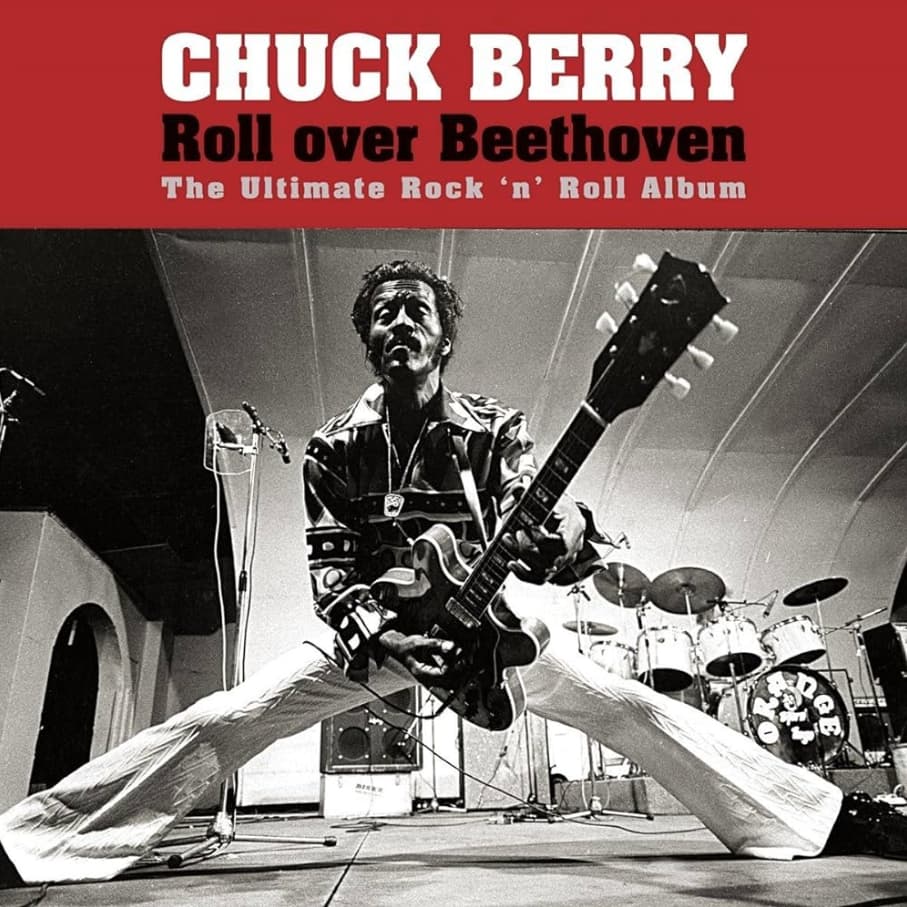
Roll Over Beethoven: A Rock and Roll Anthem
In the realm of rock and roll, few names hold the same legendary status as Chuck Berry. A pioneer of the genre, Berry’s music not only revolutionized the sound of popular music but also infused it with an energy and attitude that would forever shape the landscape of rock and roll. Among his many iconic tracks, “Roll Over Beethoven” stands out as a triumphant declaration of rock and roll’s arrival and its audacious challenge to the dominance of classical music.
Released in 1956, “Roll Over Beethoven” was an instant sensation, reaching number two on the Billboard Rhythm and Blues chart and number 29 on the Billboard Pop chart. The song’s infectious energy and Berry’s signature guitar riffs quickly made it a favorite among audiences and musicians alike. But beyond its catchy melody and driving rhythm, “Roll Over Beethoven” held a deeper significance.
Chuck Berry was not merely a musician; he was a cultural provocateur. With “Roll Over Beethoven,” he boldly asserted the power and vitality of rock and roll, a genre that was still in its nascent stages. The song’s title, a playful jab at the classical music establishment, served as a rallying cry for a new generation of music lovers who were hungry for something fresh and exciting.
The lyrics of “Roll Over Beethoven” are as audacious as its title. Berry sings of a young man who is smitten with a girl who loves rock and roll. He pleads with her father, a fan of classical music, to “let the boy rock and roll,” promising that the music will bring joy and excitement into their lives. It’s a rebellion against the old guard, a declaration that rock and roll is here to stay.
But “Roll Over Beethoven” is more than just a rebellious anthem; it’s also a celebration of the music itself. Berry’s guitar work is electrifying, his lyrics are full of wit and charm, and the overall sound is infectious. It’s a song that demands to be danced to, a song that captures the essence of rock and roll’s raw energy and untamed spirit.
The impact of “Roll Over Beethoven” on popular culture is undeniable. The song has been covered by countless artists, from The Beatles to The Rolling Stones, and it has been featured in numerous films and television shows. It has become a rock and roll anthem, a symbol of the genre’s rebellious spirit and its ability to connect with audiences on a deep emotional level.
“Roll Over Beethoven” is more than just a song; it’s a cultural touchstone. It’s a reminder of the power of rock and roll to challenge the status quo and to inspire generations of music lovers. It’s a song that will continue to be played and enjoyed for many years to come.